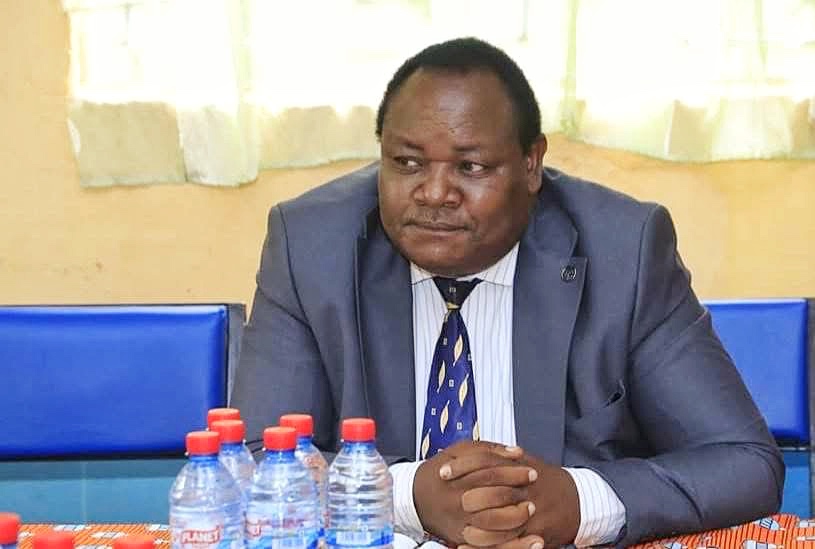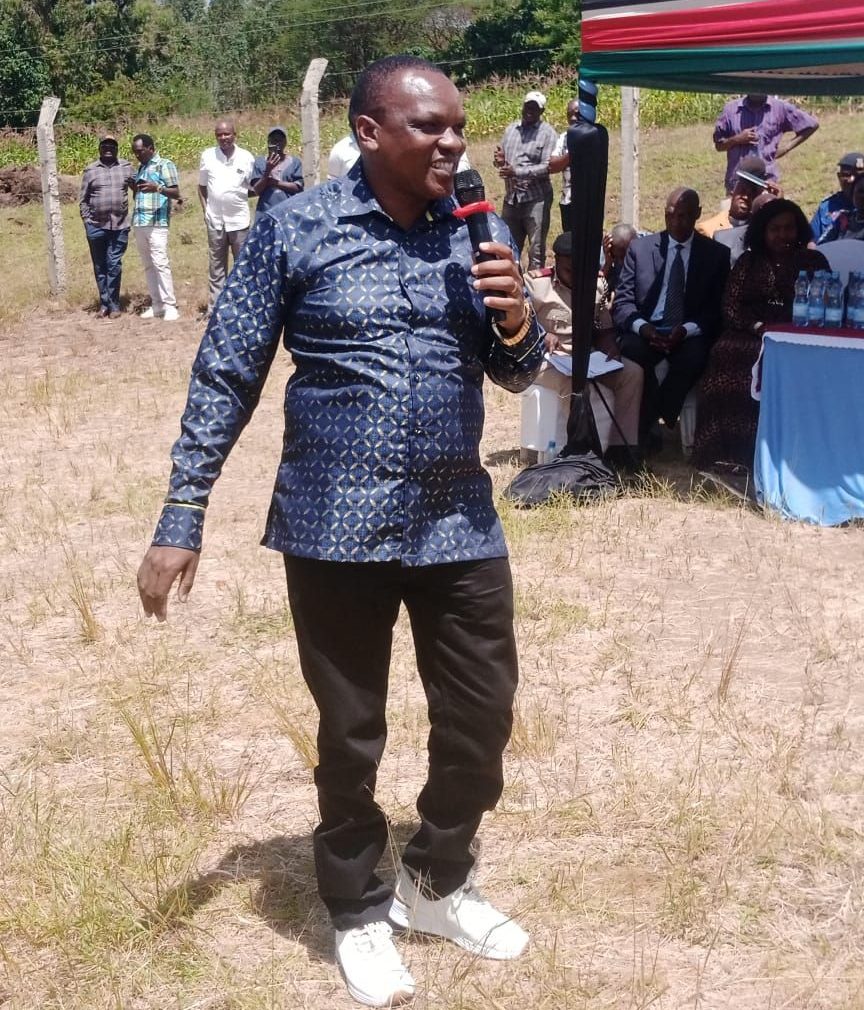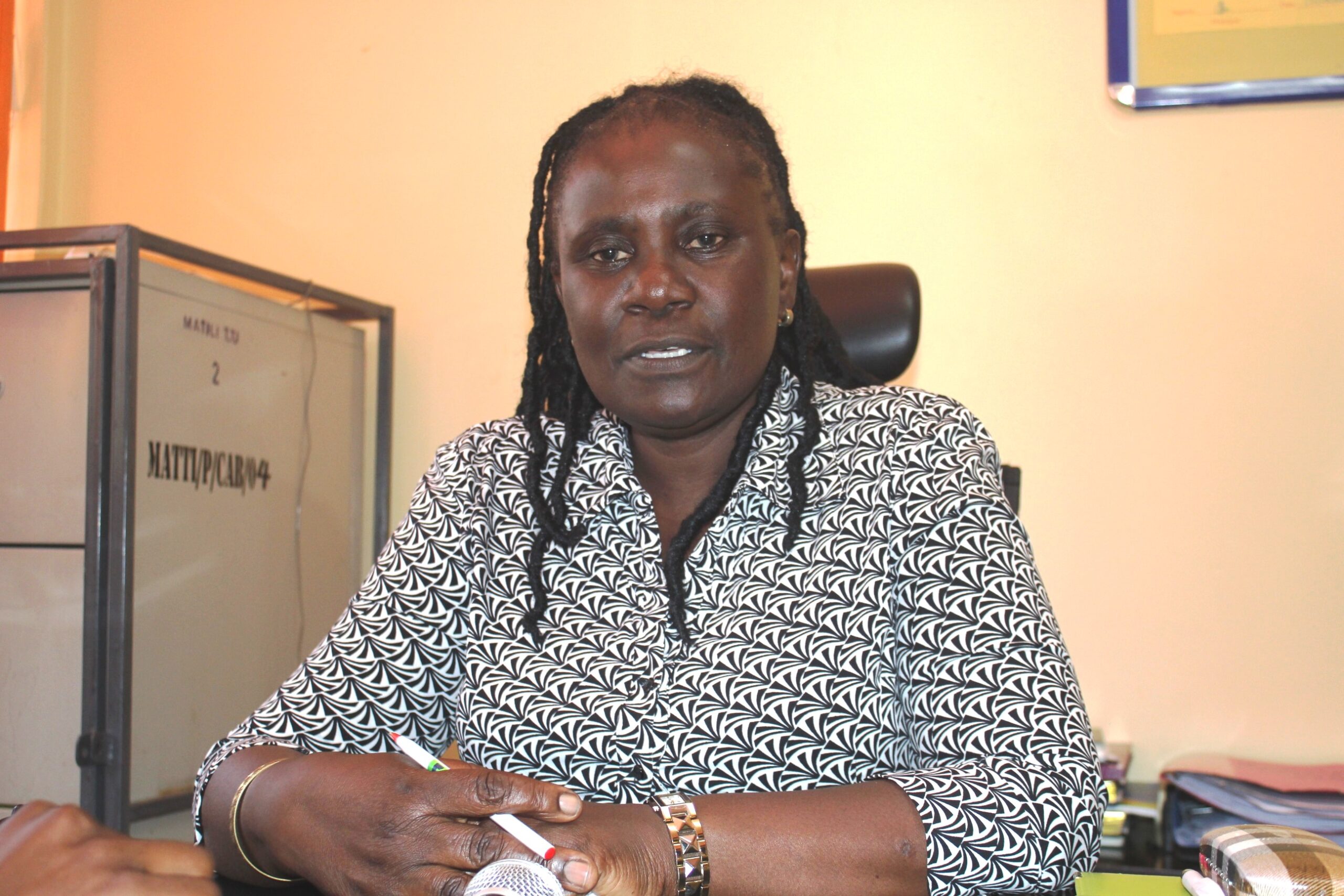Vocational Training Centre (VTCs) managers are demanding that the disbursement of government capitation grant to VTCs, formerly Village Youth Polytechnics, should be done through the Technical and Vocational Education Training (TVET) Funding Board in line with the provisions of the TVET Act.
Through the Association of Vocational Trainers in Kenya (AVT-K), the managers noted that the current move of disbursing capitation to counties which finally disburses them to VTCs doesn’t work well and has crippled operations in a number of VTCs.
The Association National Chairman and Chancellor Mr. Absalom Mogaka Nyambukora told Education News that for the conditional grant to work effectively for VTCs, the TVET Act which establishes TVET Funding Board needs to be utilised properly.
He noted that the current move where the government use different laws like the County Revenue Allocation Act doesn’t protect the grant fully since it give authority to county governments to look at how they can disburse the funds yet some counties might not have prioritized vocational training in their budget hence leading to a funding challenge in some VTCs.
“There is a section in TVET Act which provides for TVET Funding Board. The section also states that there shall be money provided by parliament to be disbursed to Technical and Vocational Training Institutions which VTCs are part of,” said Nyambukora.
According to section 47 of the TVET Act, the TVET Funding Board is mandated to run the Technical and Vocational Education Fund with an objective and purpose of providing funds to finance technical and vocational institutions.
According to Nyambukora, since the capitation grant is being provided by the parliament, it can be channeled to the Funding Board as provided for under Section 47 (3) (a) of the Act.
He revealed that in the 2020/2021 Financial Year, VTCs in about 21 counties didn’t receive the capitation grant into their accounts because the law that was applied didn’t consider direct disbursement.
The government normally allocates Ksh 15,000 as capitation grant to each trainee in VTCs with each county being given an additional Ksh1.3 million as equalization share irrespective of the number of trainees.
The money normally boosts infrastructural development in youth polytechnics, most of which lack essential accommodation and learning facilities.
The grant is given to public youth polytechnics that are duly registered, or those that have initiated the registration process with Technical and Vocational Education Training Authority (TVETA) and have functional Boards of Management.
The VTCs are required to operate an account in a commercial bank exclusively for the grant, with four signatories amongst them the County Director of Vocational Education and Training and the VTCs Managers.
The grant funds will be required to reflect in the respective county budget estimates for the relevant fiscal year and should be included in the Division of Revenue Bill and County Allocation of Revenue Bill.
Despite the funding and other challenges, VTCs managed to present a good number of candidates for the Kenya National Examination Council (KNEC) July 2020 series with Food and beverage, sales and production courses registering the highest enrolment in Craft, Artisan and National Vocational Certificate of Education and Training (NVCET) certificate categories in the country.
The national technical examination conducted in January 2021 attracted 1,765 candidates for craft certificate, 1,072 candidates for Artisan certificate and 539 for National Vocational Certificate of Education and Training (NVCET) across the TVET institutions in the country.
By Roy Hezron
Get more stories from our website: Education News
You can also follow our social media pages on Twitter: Education News KE and Facebook: Education News Newspaper for timely updates.






